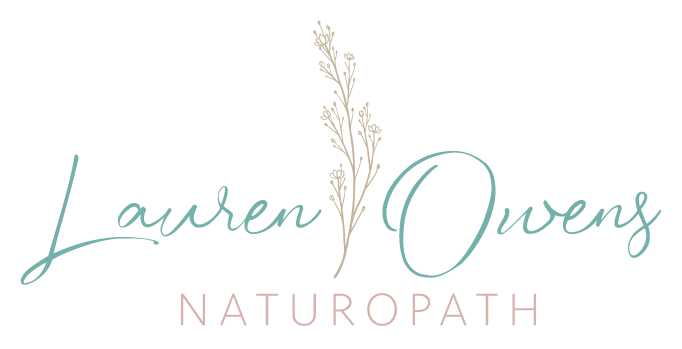Understanding Perimenopause
Perimenopause is the time of hormonal transition that occurs leading up to menopause (menopause being defined as 12 months after the final period). This transition and its effects can last for between one to ten years and each woman’s experience varies hugely. Some women will start to experience symptoms in their 30s whilst others will notice changes in their 40s. The average age of menopause in Australia is 51.
During perimenopause, progesterone begins to gradually decline until we virtually lose it all together once menopause takes place. Oestrogen tends to fluctuate wildly throughout perimenopause until later in the transition when it steadily declines and eventually reaches a permanently low state with menopause. It is these hormonal changes that deliver the physical and emotional effects experienced during the perimenopausal years.
Some of the symptoms that can impact a woman during perimenopause are:
- Heavier or lighter periods
- Irregular cycles
- Heightened period pain and PMS
- Headaches and migraines
- Body aches and pains
- Fatigue
- Depression, anxiety, irritability
- Sleep difficulties
- Weight gain
- Intolerance to alcohol
- Hot flushes
- Night sweats

Naturopathic Approach to Perimenopause
The degree to which a woman is impacted by perimenopause is influenced by overall health status, stress levels, metabolic health, genetics, diet, lifestyle and hormonal health throughout the previous years. By assessing these factors and addressing issues or imbalances, the impact of symptoms can be greatly reduced and future health outcomes for the post-menopausal years can be optimised.
The body’s systems and organs should work in synergy with one another. A naturopath considers how they are all functioning, providing support where needed so that a more harmonious state of overall health can be achieved and most importantly, a reduction in symptoms. For example, our gut and liver health will impact reproductive hormone production and clearance (amongst other things). The condition of our nervous system impacts neurotransmitters, pain perception and mood.
By looking at the whole body and considering the interplay between organs, hormones and systems, the naturopathic approach seeks to alleviate symptoms by addressing things from a deeper, root cause level.
How naturopathy can help navigate this transition
Naturopathic treatment can involve using a combination of remedies including:
- Herbal medicine
- Vitamin and mineral therapy
- Nutritional advice
- Lifestyle recommendations
These treatments can be used at various stages of the perimenopause or post-menopause journey and will vary depending on the patient. Sometimes testing will be recommended to take a deeper look at specific areas to determine what may be contributing to symptoms.
Common Symptoms Addressed
Naturopathy has been effectively used for a long time to treat some of the classic menopausal symptoms such as hot flashes, night sweats, mood swings, hormonal headaches, sleep issues, weight gain and so on.
However, each woman is different and has her own unique perimenopausal experience. We now know more about other lesser known symptoms impacting women that can be attributed to perimenopause. Naturopathy is beautifully placed to help improve the perimenopause experience due to the abundance of herbal or nutritional options available to use. Treatments are tailored specifically for each patient.
Benefits of Naturopathic Care
- Personalised treatment plans
- Focus on root causes
- Natural, evidence-based approaches that work in harmony with the body
- Can be used in conjunction with conventional medical treatment such as HRT

About Lauren Owens
Lauren Owens is a degree-qualified naturopath with a Bachelor of Health Science in Naturopathy and member of the NHAA (Naturopaths & Herbalists Association of Australia).
Lauren lives in Lennox Head with her husband and children and enjoys the relaxing coastal lifestyle that the stunning northern rivers offers.
Book a Consultation
Free 15-Minute Chat
Start your journey with a complimentary consultation
Full Consultation
In Person Or Telehealth
Available in-clinic (Lennox Head) or online Australia-wide

